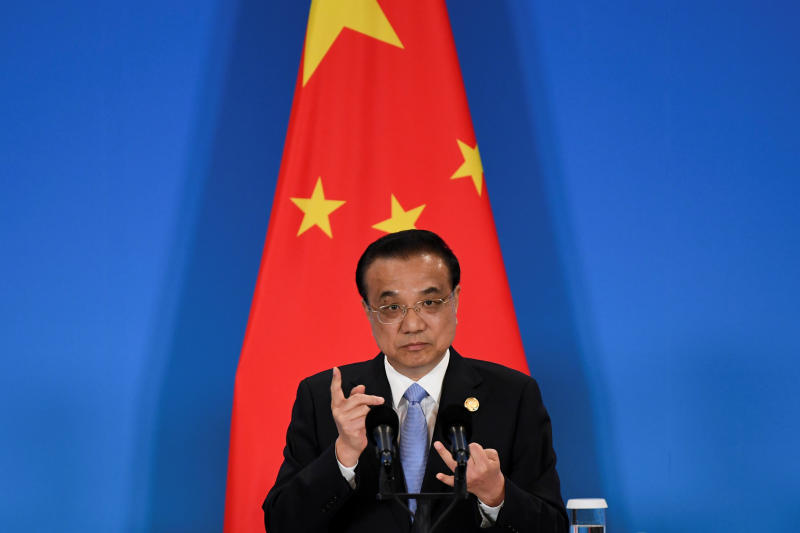×
The Standard e-Paper
Home To Bold Columnists

China’s government is talking up the prospects for a rapid economic rebound from the coronavirus, even as the global economy sees further lockdowns to curb the spreading disease.
Since Friday, Premier Li Keqiang, who leads economic policy making, and a senior central bank official, have pointed to the control of the outbreak and the resumption of activity as reasons for optimism with regards to China’s outlook.